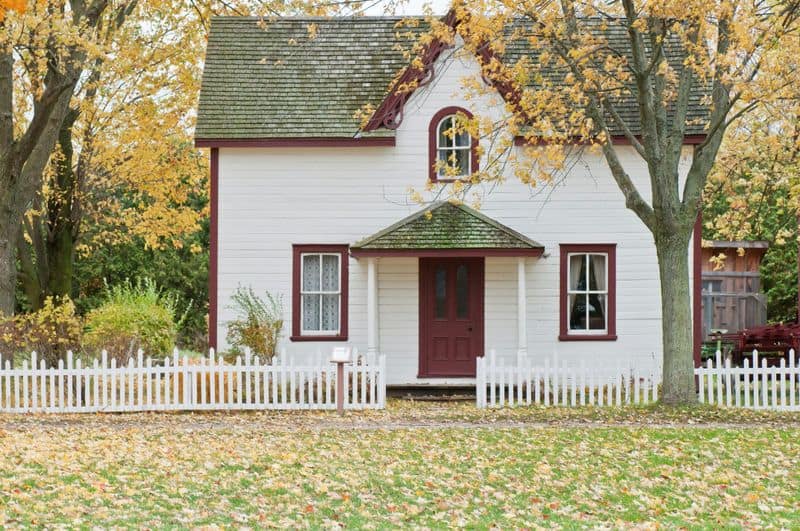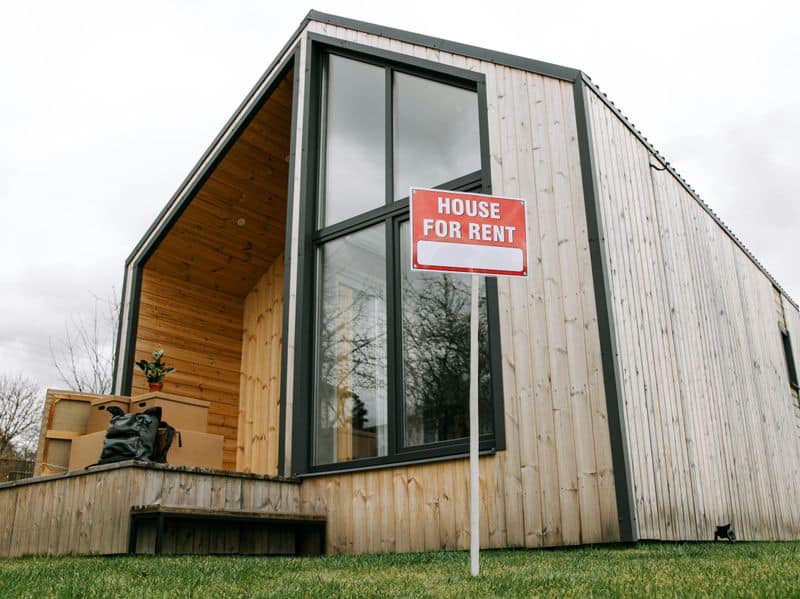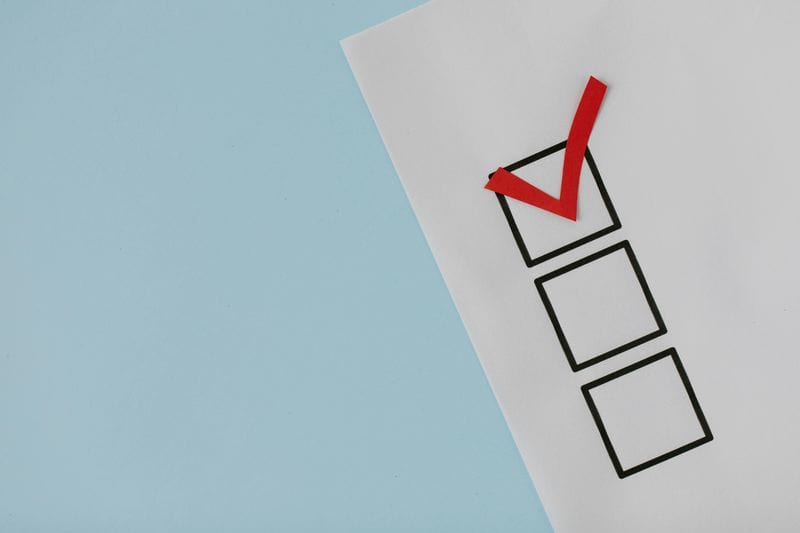Homeowner Associations (HOAs) were established to maintain property values and community standards.
However, many homeowners find themselves burdened by strict regulations and high fees that hinder their enjoyment of their own properties.
Let’s explore 10 critical ways in which HOAs are becoming a detriment to the American dream of homeownership.
1. Unnecessary Fines

HOAs are notorious for imposing fines for seemingly trivial infractions.
Whether it’s a trash can left out a day too long or a lawn that’s slightly overgrown, these fines can quickly accumulate.
Such penalties often lack proportionality and can feel like an excessive punishment for minor oversights.
This practice can strain the relationship between homeowners and their associations, as residents feel targeted rather than supported.
The constant threat of fines creates an atmosphere of tension and anxiety. For many, this is counterintuitive to the idea of a peaceful home environment.
2. Limited Accountability for HOA

HOAs frequently operate with little accountability to the communities they serve.
Board members, who are often volunteers, may lack the expertise or dedication needed for effective governance.
This can result in poor decision-making and mismanagement of funds.
Homeowners have limited recourse when faced with unsatisfactory leadership, as removal or reform efforts can be cumbersome.
This lack of accountability erodes trust and confidence in the HOA’s ability to manage community affairs fairly.
It can lead to feelings of helplessness and frustration among residents, who feel their voices are unheard.
3. Stifling Creativity

HOAs often limit homeowners’ ability to express creativity through stringent regulations.
From bans on decorative elements to restrictions on home improvements, these rules can stifle personal expression.
Homeowners who wish to add a personal touch to their property may find their efforts thwarted. This rigidity can make homes feel less inviting and more like cookie-cutter replicas.
For artistic individuals, it feels like living in a cage, where unique expression is frowned upon.
The inability to personalize one’s living space detracts from the sense of ownership and individuality that homeownership should provide.
4. Overemphasis on Appearances

HOAs often prioritize appearances over substance, focusing on maintaining a uniform aesthetic at the expense of residents’ needs.
This can lead to neglect of more pressing issues, such as infrastructure improvements or community services.
The pressure to conform to aesthetic standards can feel oppressive, especially for those who prefer diversity and individuality.
Residents may feel compelled to invest in cosmetic upgrades instead of necessary repairs.
This emphasis on appearance over practicality creates an environment where form is valued over function.
It leaves homeowners questioning the true priorities of their associations.
5. Power-Hungry Boards

HOA boards sometimes attract individuals who relish wielding power over their neighbors. These boards may impose rules that reflect personal preferences rather than community needs.
This can lead to arbitrary decisions that benefit a few while marginalizing others.
The lack of accountability often leads to unchecked authority, where board members prioritize their interests over the residents.
Such dynamics breed resentment and divisiveness in communities. Homeowners may feel powerless against decisions made behind closed doors, eroding trust and community cohesion.
This unchecked power can make neighborhoods feel more like fiefdoms than communities.
6. Uneven Rule Enforcement

Inconsistent enforcement of rules by HOAs can lead to perceptions of unfairness and bias.
Some homeowners may receive citations for minor violations, while others are overlooked for more significant infringements.
This selective enforcement creates feelings of favoritism and inequality, damaging community trust.
Residents may speculate about preferential treatment or underlying motives, leading to resentment and division.
The sense of injustice can sour the community spirit and foster an environment of suspicion.
For a harmonious neighborhood, rules should be applied uniformly and transparently, ensuring everyone is treated equally.
7. Restrictions on Rentals

HOAs often impose restrictions on renting properties, affecting homeowners’ flexibility and financial options.
Some associations ban short-term rentals altogether, while others limit the number of properties that can be leased at any time.
These rules can be financially burdensome for owners who rely on rental income to offset mortgage costs.
The inability to rent out a home can also limit life changes, such as job relocation or family expansion.
These restrictions can feel like an infringement on property rights, as homeowners are unable to maximize their investment.
It restricts economic freedom and adaptability.
8. Legal Battles Are Expensive

Conflicts with HOAs can lead to costly legal battles that drain time, resources, and energy.
Homeowners may find themselves in court over disputes that could have been resolved amicably. Legal fees and prolonged disputes add financial stress and personal strain.
These battles can create a hostile environment, turning neighbors into adversaries.
The adversarial nature of legal proceedings often leads to entrenched positions, making compromise difficult.
This legal entanglement detracts from the sense of community and harmony that HOAs are supposed to foster. It leaves homeowners feeling isolated and antagonized.
9. Shockingly Specific Rules

Homeowner Associations often enforce overly specific rules that leave residents perplexed and frustrated.
Imagine planning a family barbecue, only to find that your HOA dictates the type of grill you can use.
Such regulations may extend to the color of your window blinds or the material of your mailbox.
These minutiae disrupt personal freedom and make residents feel like they are under constant scrutiny.
Homeowners may feel as if they’re walking on eggshells, fearing penalties for inadvertent rule breaches.
This restrictiveness can sour the joy of living in what should be a personal haven.
10. Excessive Fees

HOA fees, intended for community upkeep, can escalate to burdensome levels. Many homeowners find themselves paying hundreds or even thousands of dollars annually.
These fees often cover amenities they seldom use or expenses they don’t directly benefit from. This financial strain is especially challenging for those on a fixed income.
The lack of transparency in how these fees are allocated adds to the frustration. Homeowners may feel trapped, as failure to pay can lead to liens on their property.
This turns the dream of homeownership into a financial nightmare for many residents.

